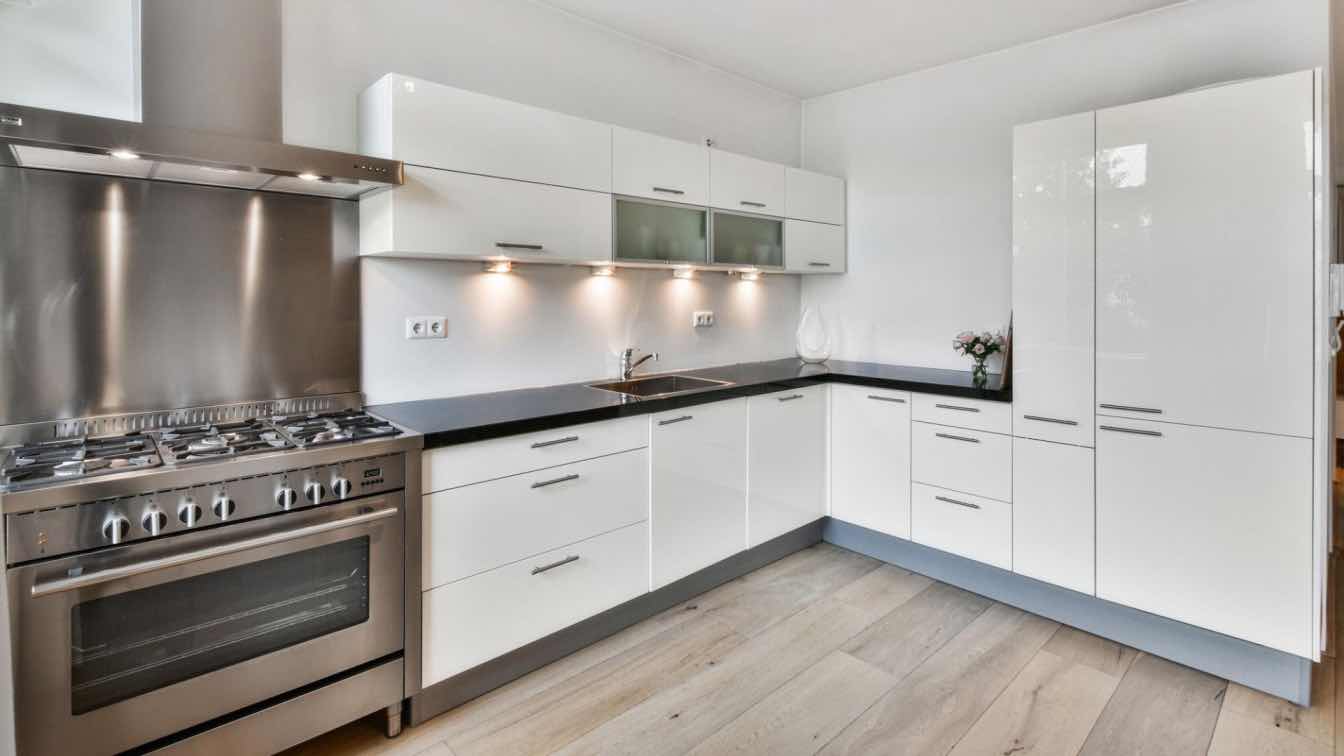The modern world offers a different, innovative lens to ancient practices, where Feng Shui heads the list. Now it goes beyond the trend in interior design becoming a tool for enhancing life. That is to say, the given old Chinese tradition seeks to build environments that are conducive to our health, well-being, and prosperity.
Feng Shui arranges energies all over the space in a way that invites balance in various life aspects from career to spirituality. Still, what is the secret of proper designing, and why should it be a priority in this hustling, competitive age? Get detailed answers and even more valuable insights into Feng Shui's impact on living in harmony and happiness.
Understanding the Core of Feng Shui
The key idea of Feng Shui lies in life energy (Chi), which is present in nature and streaming across our space. This Taoist practice centers around the power and synergy of the five basic elements, such as wood, fire, earth, metal, and water.
Following the balanced alignment of these basics while designing your living and working areas makes it possible to unlock the potential of Chi to its fullest and get an energetically transforming atmosphere. The concepts of Feng Shui stress spatial arrangement, the absence of clutter, and the suitable use of colors.
The aim is to ensure a design that would assist the free flow of positive energy and block the negativity. Nebula online psychics affirm that in such a space one can't but experience peace of mind, empowerment, and inspiration.
How Feng Shui Affects Mental Health
One of the most effective implications of Feng Shui is its influence on mental health. When the environment is organized well, an individual does not feel anxiety or stress. So, how does it work?
Promotes Clarity: Feng Shui practices make space welcoming and breathable by decluttering. A mess can act as stagnant energy detrimental to Chi and even overwhelms the mind. So removing the excess will encourage inner peace and mental clarity.
Emphasizes Natural Light: Light is a form of Yang energy, considered to be a strong mood booster. By using light fixtures and mirrors, Feng shui helps infuse light into areas while uplifting a person’s mood.
Bringing the Outdoors Inside: Incorporating elements such as plants, water features, and natural materials into space can relieve stress and soothe the nervous system.
The Role of Feng Shui in Engaging Wealth and Success
In addition to bringing balance and order, Feng Shui is often linked to achieving abundance and success in life. Through purposeful activation of energy zones in a dwelling space like a 'wealth corner' (typically the southeast corner), psychic practioneers believe that one can attract plenty of resources and opportunities. Some of the actionable design tips are:
Introduce Water Elements: They say that water cleanses negativity and enhances wealth. Aquariums, fountains, or even water-based visuals can stimulate the energy of richness.
Add Plants: Healthy greenery is a sign of life, growth, and vitality. So integrating plants into living areas promises to strengthen financial stability.
Get Some Good Luck Charms: Coins, pictures, or crystals associated with prosperity can foster focus and persistence on the path to success.
Feng Shui Leverage On Relationships
Feng Shui can also promote harmonious relationships by turning to design concepts that contribute to connection, communication, and intimacy. From a romantic standpoint, a bedroom is a sacred space for a couple. The following suggestions will help arrange it for the best:
Pairing Items: Two identical elements, such as bedside lamps or matching chairs represent partnership and mutual support, thus you should use them in pairs for equality.
Pleasing Hues: The gentle and muted color palettes such as peach, pink, or other earthy shades stimulate love and sexual attraction.
Minimizing Gadgets: Less use of electronics in the bedroom negates interference while inviting an atmosphere of intimacy and emotional bonding.
Practical Advice by Psychic Specialists for Effective Feng Shui Design
1. Gorgeous Welcome Approach to Your Home
The entrance to your dwelling is your first point of contact with energy. Ensure that this house part is clean and bright with artificial lights, allowing the energy to flow well. Little rings of the wooden dingdong could help push stagnant energy flows.
2. Sanctuary of the Bedroom
In Feng Shui design principles, the bedroom has its significance if located at the house center. The bed should be in sight of the entrance and simultaneously not in direct line with the door. To improve loving energy, add healing rose quartz clusters in the southwestern area of the room. It would be best to keep mirrors opposite the bed as they may create unnecessary agitating energy during sleep.
3. Movement in the Living Area
In your living area, structured arrangement is the key. Design in a way people can move around naturally without any obstacles. Incorporate round or oval furniture instead of pieces with sharp edges for a smoother energy stream. If you consider water elements, be sure to place them at the house's heart to engage prosperity.
4. Kitchen Vitality
As a symbol of nourishment and wealth, the kitchen is essential. To protect abundance, place a clear glass bowl filled with citrine crystals on the countertop. Avoid putting the stove facing the sink directly as fire and water go against peace in any Feng Shui practice.
5. Home Office Success
For remote employees, place black tourmaline on every corner of the desk to protect from electromagnetic stress. Set the desk to face the door and keep a small round-leaf plant near the electronics.
6. Color Energy Activation
To go beyond color theory, Feng Shui offers a favorable alignment of hues and spaces.
- Reach a deeper spiritual connection with deep purple fabrics across the meditation spaces
- Include green seafoam shades in bathrooms to cleanse negative energies.
- Activate the inner mentor energies via metallic copper accents in the west sector of the house.
- Add pale yellow shades in the dwelling center to promote a warm and nourishing family atmosphere.





